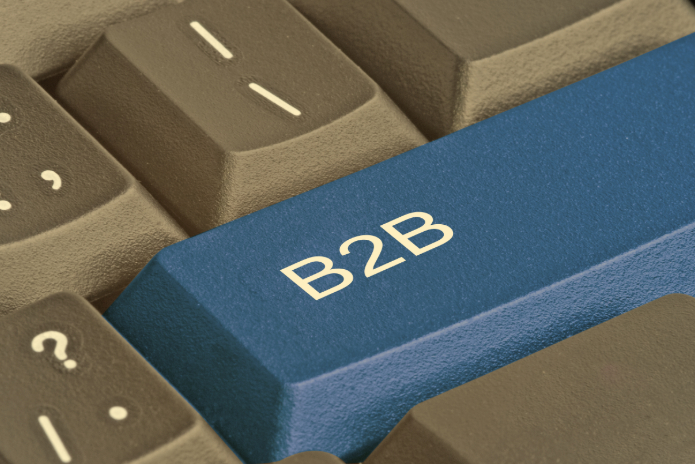The development of own brands experiences a movement of legitimization and recognition in the Brazilian retail market by consumers. According to Nielsen data from 2022, products in this category are already present in 40% of the country’s households. This approval represents an important expansion of the sector in recent years, revealing new business opportunities, the possibility of increasing revenue, as well as customer loyalty through the creation of an exclusive line of products.
The food sector is responsible for concentrating the majority of own brands sold in Brazil, which has a robust manufacturing base for food production. However, the exploration of the concept of private label can be extended to other segments, such as pharmacy and personal hygiene.
Recently, own-brand items created by pharmacy chains surpassed the growth of this type of product in the food sector. Pet shop, beauty, and construction materials are other strategic areas that have shown solid and sustainable growth in the Brazilian private label market.
The evolution of this business model will be one of the main topics of PL Connection, the largest private label event in Latin America, which will take place between September 17 and 19, 2024, at Expo Center Norte, in São Paulo.
Private label expanding
Own brands are gaining more relevance in Brazil and attracting the retail sector, which sees an opportunity to increase product offerings and revenue. This is because the segment still represents only 2% of the retail sector in the country, leaving ample room for countless expansion possibilities.
In Latin America, the presence of own brands in businesses is around 10%, while globally this figure is 23%. In some countries in Europe, the commercialization of private label products represents more than 50% of the shelf offerings, supporting growth expectations in Brazil. These items can create a communication link that brings the brand closer to the consumer, and where the business’s reputation serves to legitimize the product’s origin.
However, the offering of items classified as own brand requires some care, such as deeply knowing the suppliers through their track record in the market. Monitoring the quality level with technical and laboratory tests represents another stage in the conception of the private label product before its commercialization.







